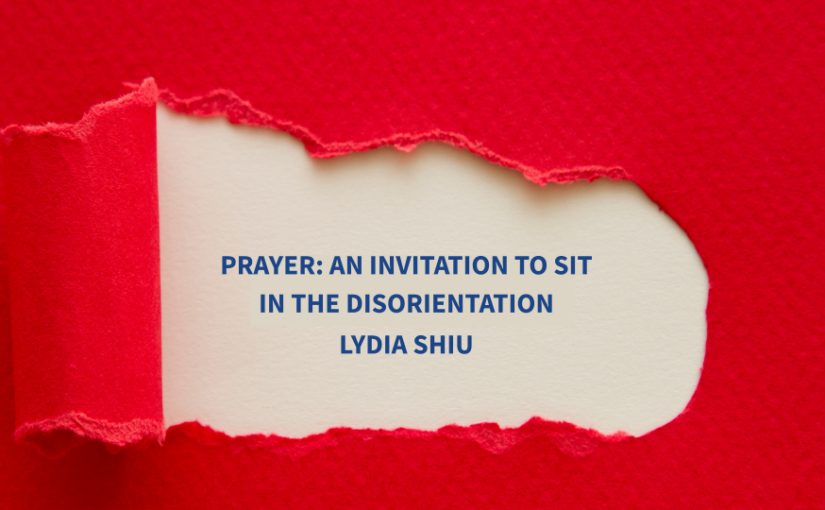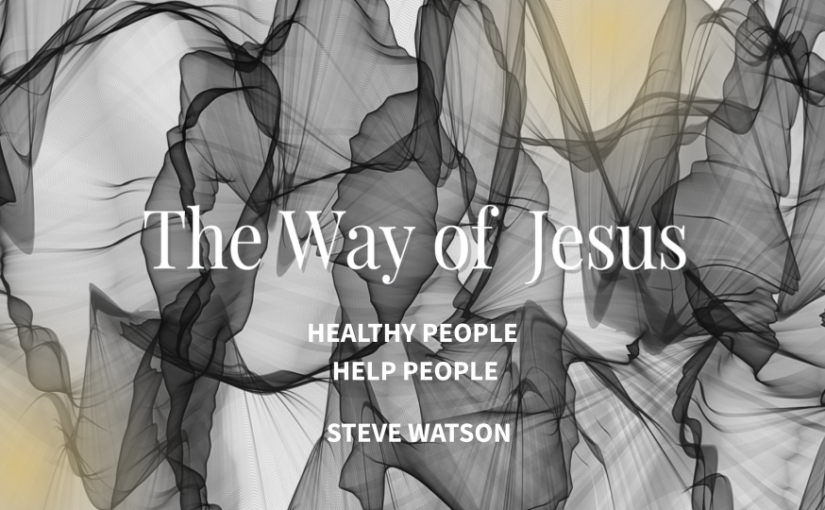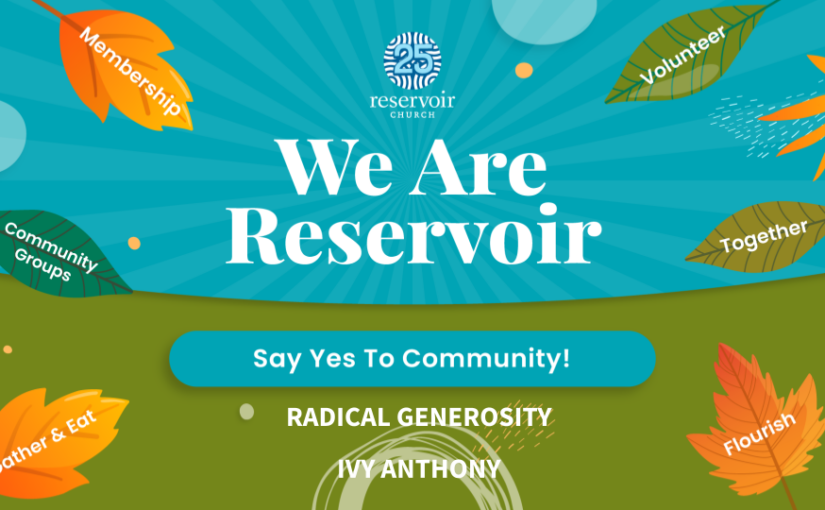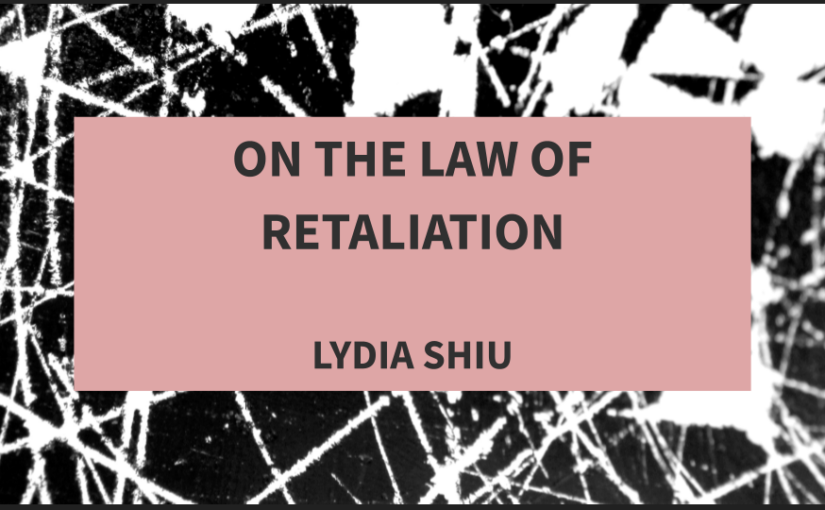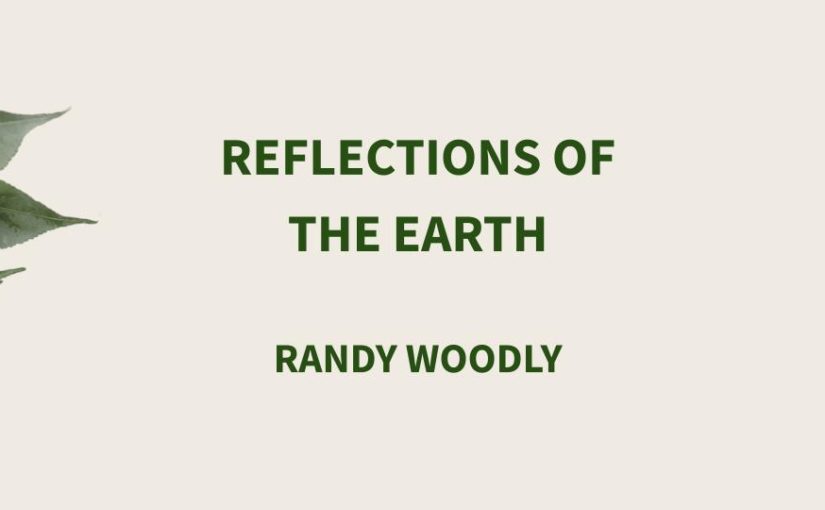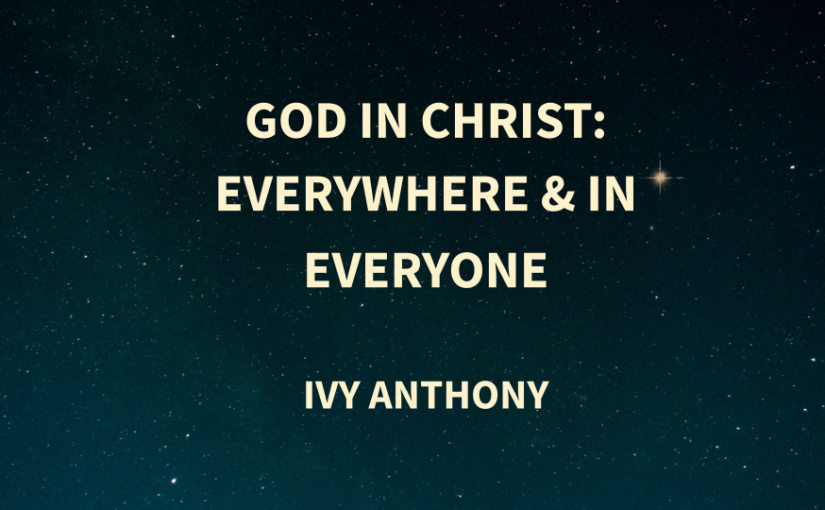https://genius.com/Gloria-gaynor-talkin-bout-jesus-lyrics
So I went out to the movie theater a couple weeks ago to see the Gloria Gaynor documentary. If you don’t know that name, you know her voice:
I will survive, I will survive!
Yeah, that anthem of resilience, empowerment, that’s Gloria Gaynor in peak form.
Gloria Gaynor, though, also has one of the most interesting life arcs you can imagine. She was a global disco star through her 30’s into her 40’s. But by the time she hit her 60’s, she was in constant, horrible back pain. And she was full of regrets and pretty much broke. But at 65 years old, her life took a turn.
She started living the anthem of her song for the first time.
See, as a teenager, Gaynor had wanted to go to college and become a teacher, but she didn’t think her family could afford it and no one told her otherwise. But at 66 years old, she went to college.
In her mid 60’s, she also got a new manager and decided to pursue her lifelong dream of recording a gospel album. It took a long time for anyone to be willing to invest in someone they saw as an over the hill disco queen. But at 75 years old, her gospel album Testimony was released. And she won a Grammy for it, at 75.
She’s got a documentary out now, and it ends telling us she’s working on another album that will be released around her 80th birthday.
Wow. You don’t hear about enough turnaround stories that start in people’s 60’s, do you? Wow.
What happened?
Well, at least two things.
One is that Gloria Gaynor had a come to Jesus moment in her 40’s, a few years after her most famous song came out. She was partying one night, about to do a whole bunch of coke, when she felt like someone was grabbing her by the shirt and saying,
“No more.”
No more. Somehow she knew this to be the voice of God, calling out to her. And she came back to her childhood faith.
Now it took a long time, but years later, her faith gave her the fire she needed to finally divorce her toxic husband.
Now I know this is a weird story for a pastor to tell. Since God is love and love is faithful, and all divorces are a tragedy. I’m not here to stump for God doing a revival in your life so you can get divorced. Not in general. But sometimes divorce is the only way out of a marriage that’s already become so tragic that there is no return. And this was the case for Gloria Gaynor with her ongoingly controlling, abusive husband. He had been taking, taking, and taking for years, and just running her into the ground.
And there were things in Gloria Gaynor that predisposed her to accept this way of things. She says she had a deep fear of abandonment, ever since she was young. She had been abused as well and had come to assume and expect really ill treatment of her, especially by men.
But there was something about her faith in a God that made her and loved her that slowly burned this away, until Gloria Gaynor realized that if God loved her this much, maybe she could too.
She says of her divorce:
I never stopped loving him. But I began to love me.
Hallelujah. Love found a way.
Gaynor sings about this in her gospel album.
She says:
Let in a little light
And it’ll help you see
Surely the truth
Gonna set you free
Or the chorus of another song, where she sings:
I’m talking about love. I’m talking about freedom.
Talking about the one you can depend on when you need him.
Hallelujah. I love that Gloria Gaynor found her way into singing like this in her 60’s and 70’s, when the fiery love of God had burned away her hurt and worthlessness and fear enough to finally get free.
Because this, friends, is how the fire of God cleanses and refines – reducing us to love, purifying us so we can get larger, and freer, and more loving.
We find this in the scriptures.
Let’s go to the final prophet in the Hebrew Scriptures, the very end of what Christians call the Old Testament.
In the third chapter of Malachi, we read:
Malachi 3:1-3 (Common English Bible)
Look, I am sending my messenger who will clear the path before me;
suddenly the Lord whom you are seeking will come to his temple.
The messenger of the covenant in whom you take delight is coming,
says the Lord of heavenly forces.
2 Who can endure the day of his coming?
Who can withstand his appearance?
He is like the refiner’s fire or the cleaner’s soap.
3 He will sit as a refiner and a purifier of silver.
He will purify the Levites
and refine them like gold and silver.
They will belong to the Lord,
presenting a righteous offering.
If you grew up singing in the tradition that I did, the White, Western choral tradition, you hear music to these words too, because they are set in The Messiah, the choral anthem about the life of Jesus Christ. And they’re kind of frightening – who will be able to stand when God appears? For he’s like a refiner’s fire.
Our images of fire and religion are so fearsome that it can sound like God wants to burn us down.
But let’s look at what this is really saying.
Malachi is a little book of arguments between people and God. It’s set in the 5th or 4th century BC, when the people of the Southern kingdom of ancient Israel had been back in Jerusalem for a while – two, three, four centuries since they’d resettled after exile. Folks had come home. The city walls were rebuilt. Temple was renovated and back up and running.
But they’re not satisfied. Their lives, their nation feels small. They’ve got disappointments and they blame this on God.
And God’s like, I don’t know that it’s me. I think it might be you.
The people are like:
God, you’ve neglected us. God, you’re not just.
And so God says:
here tell you what, I’ll send a messenger who will get you ready for something really good. And then, even better, I’ll come visit you myself. And the effect of this messenger and my time in your house will be that the stuff in you that is messing up your life will be washed, purified, burned away.
Then you’ll be golden again, just right. The very mode of your existence will enable you to flourish, and that will make me smile.
Now and again, there come times in our lives where things aren’t working as they are, where things have got to change. I wonder if you can remember a time in your life like that.
I wonder if any of us feel like we’re in a time like that right now. A little stuck, like something’s got to give.
Gloria Gaynor spent decades like this – pushing through a life that wasn’t working.
This happens to people. It can happen to all the parts of us, our faith included. It happens to cultures, even religions. That we need to be renewed, that some stuff that isn’t working needs to be purified out, burned off.
I think of the great writer James Baldwin, raised in Harlem to be a preacher. But as he confronted the dominant modes of Christian faith in this country, certainly in white churches but sometimes in Black churches and other churches of people of color, he wrote:
“It is not too much to say that whoever wishes to become a truly moral human being … must first divorce himself from all the prohibitions, crimes, and hypocrisies of the Christian church.”
(If you want to be a moral person, you’ve got to separate yourself from what passes for morality in a lot of the church.) He says:
If the concept of God has any validity or any use, it can only be to make us larger, freer, and more loving. If God cannot do this, then it is time we got rid of Him.
Harsh statement on the surface, fire. But it’s true. Baldwin is doing something that at its prophetic best, the Black church has often done. At its prophetic best, members of the global church, the formerly colonized people and nations have done this too. They have said:
- What has passed for Christian faith in many places is immoral. It needs to be shaken up, cleansed.
- And what have passed for ideas about God have too often not been worthy of a loving God.
- What have passed for our ideas about God have not been worthy of the God we meet in the face of Jesus.
- And when that is so, those ideas have to go to the fire. It’s time we got rid of them.
This fire language of God, our need for refining to get larger, freer, more loving, this is not just Old Testament stuff. It continues in Jesus.
In fact the New Testament argues that Jesus is the climactic figure in this line of prophets that God in Malachi calls his messengers, who will speak for God and show us the way.
In this week’s Lenten guide, alongside Malachi, we get these words from Jesus:
Mark 9:49-50 (Common English Bible)
49 Everyone will be salted with fire.
50 Salt is good; but if salt loses its saltiness, how will it become salty again? Maintain salt among yourselves and keep peace with each other.”
Like food needs salt so it won’t spoil, we all need some fire.
The context here is our wild ability to screw up on our own lives and to hurt each other. Specifically, Jesus is talking about people who hurt kids and how important it is that none of us become the kind of people that could hurt a kid.
The kind of person that could abuse a kid, sure.
But maybe also the kind of person that could punish a kid too harshly, or that would ignore the kids around you and not bother to learn their names, or that wouldn’t take the time to listen to them, encourage them, or inspire them.
I say it this way because of course, lots of us have been these people. And Jesus is like:
Let’s make a change. The past does not need to be prelude. You don’t have to keep living the way you’ve been living. It’s not too late, even if you’re 65, 75, 80, right?
It’s never too late for renewal, for a change to come.
Now I want to be clear that there is a difference between different types of change projects that can get promoted in the name of God.
There are projects supposedly of purification, of sanctification, of transformation that are actually projects of control. Someone who’s afraid of change or afraid of you tries to dull your fire, doesn’t actually want a larger, freer, more loving version of you, they just want to make you into a plastic version of some performed model of a good person, in their eyes.
The so-called Christian purity culture of the 1980’s and 90’s and beyond that put no sex outside of straight marriage as like the #1 goal of Christian moral teaching did this. In trying to control people, it mostly shamed them, and especially shamed girls and women and queer folk, without helping us love God more or love ourselves more or even have better marriages.
Colonial White Christianity was like this too – it claimed it was saving the world when really it was trying to dominate it. Baldwin’s like:
Let’s burn that version of God. It’s got to go.
These same beautiful words, though – purification, sanctification, transformation can be descriptions of encounters with the holy and living goodness of God that set us on fire. That weed or burn out stuff that’s messing up our lives – and that make us larger, freer, more loving versions of ourselves.
This is kind of like the difference between a ravaging wildfire and a controlled burn. The ravaging wildfires we’ve had more and more due to climate change and the loss of indigenous land management practices don’t make our land or our climate better – they just wipe out everything in our path and do life on earth a world of harm. But that same fire, used in a controlled manner as indigenous people have done for centuries, to clear out dead wood and brush, can clean a forest, make it stronger and healthier and more resilient.
These are the kinds of encounters with God we’re looking for, friends.
Why, though, call it fire?
Friends, God’s doing some work of change and growth in me that is profound, it’s happening in core parts of my being, and when I talk to my pastor about this, I sometimes wonder what I need to be doing.
And he’s like:
I don’t think this is about what you are doing at all. It’s a thing that the Spirit of God is doing. It’s happening in you, it’s happening to you. Just pay attention and don’t back out. Just pay attention and don’t back out.
Friends, I wonder what you feel needs to be burned down in our world? Is there anyway it’s starting to happen already? Anyway the fire is burning. Maybe God is in that.
And I wonder if there are things in your life that need some fire. Are there ways of thinking and living and being in your life that are holding you back, that are shaping a way of life that you will regret in future years? What do we need cleansed, purified, burned off in us, so we won’t regret this time in our lives?
Let me give you a picture of how this works, from one of the tools God’s using in me.
I go to a hot yoga studio once a week. Been doing that six or seven months. And I quote my teacher in the guide this week.
Because as the heat in the room settles into us, and we move from warming up to really pushing our bodies and our minds, as the practice gets harder and harder, he’ll talk about letting the fire build, letting the fire do its work in us.
And I’ve heard him say, many times:
There’s no cleansing force like fire. There’s no cleansing force like fire.
I still don’t understand this entirely, but over time, as I persevere in the harder parts of the practice, I sense two dispositions, two attitudes slowly burning off. One is: I must be in control.
Because when I hold a pose past what I think my body is capable of, when my muscles are aching and shaking, and I’m sweating out and ready to give up, to instead breathe steady, focus my gaze, and to hold is to surrender. It’s to relinquish the control I can exercise to stop and to just let it go. That surrender seems like it’s burning off the: I must be in control in me that goes beyond that moment.
And the other thing it’s burning off is: I can’t. Because just like you, just like all of us, with the help of God and friends, I’m capable of far more than the mediocrity I accept from myself – mediocrity of body, of moral fiber, of spiritual depth, and of love, justice, freedom, and joy. There’s so much more hiding behind the “I can’ts.”
And a little bit of that is burning off in this practice.
Less control, more surrender.
Less giving up, more perseverance.
It’s slow growth, but I value it. And it takes fire.
Which means I can’t make it happen. But I can give my attention to something that does it, and not back away from that.
So it is with God. God is interested in us giving our attention to that in God which will burn off our “I must be in control” and our “I can’ts” and all the other stuff that makes us smaller, less free, less loving.
We can’t self-improve our way into this because we’re not in charge of the world. We’re not really even in charge of our own lives, in that we can’t control them very well.
But we can give our attention to God, to the person and words of Jesus, and to however it is that the Spirit of Christ is moving in us or around us to transform us into our fullness as children of God.
Friends, as we close here, I ask:
If you could safely direct the flame of a fire to burn away bad things without doing any harm, what would you burn?
- What do you wish for the fire of God to burn off in this world?
- In your school or workplace?
- What do you wish God would burn off and purify inside your home or inside yourself?
Let’s name these things as a prayer. Name our desires for personal and collective purification as an offering. Trusting that God of the refiners fire hears and cares and will gently burn among us and within us.



